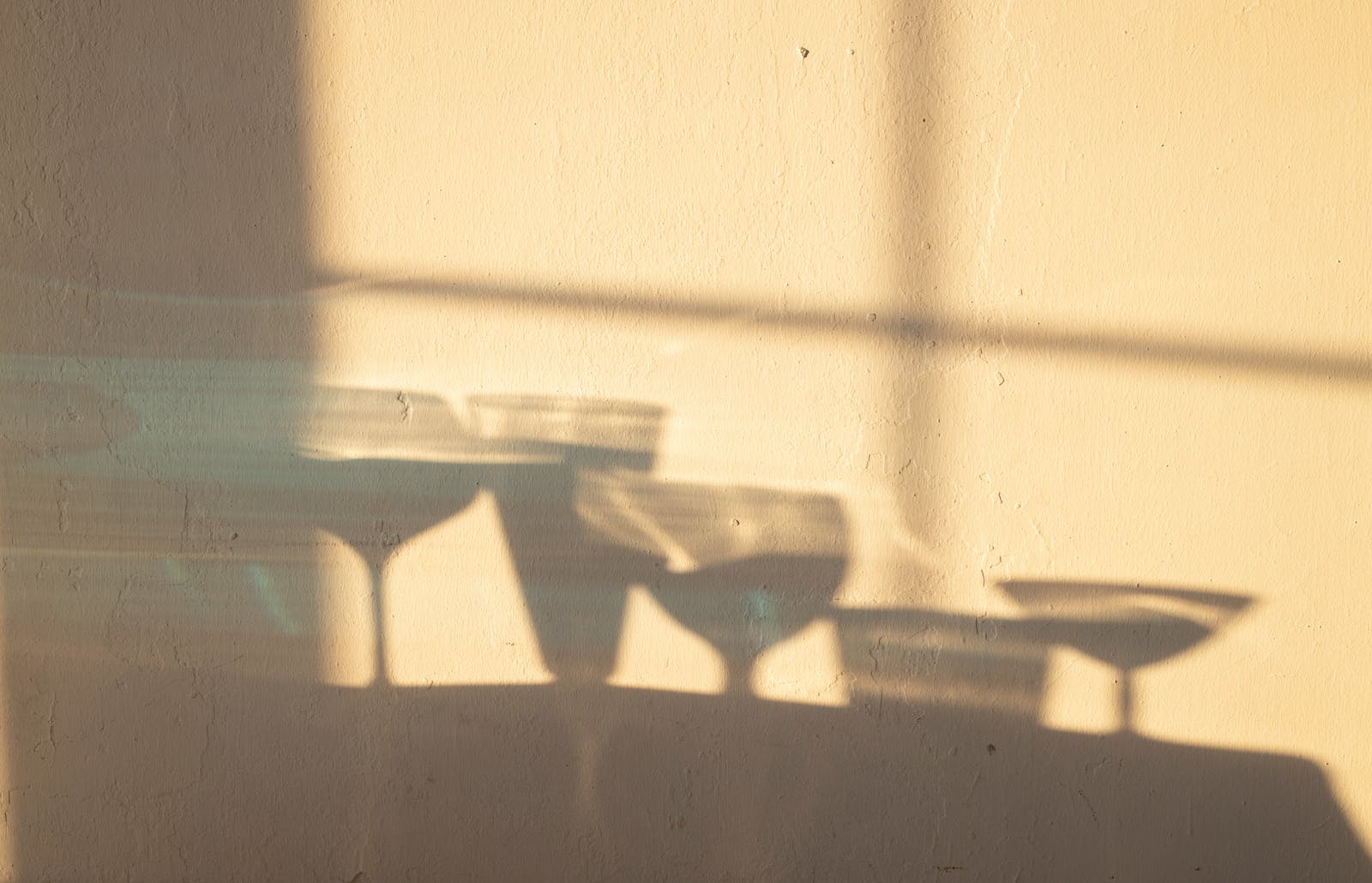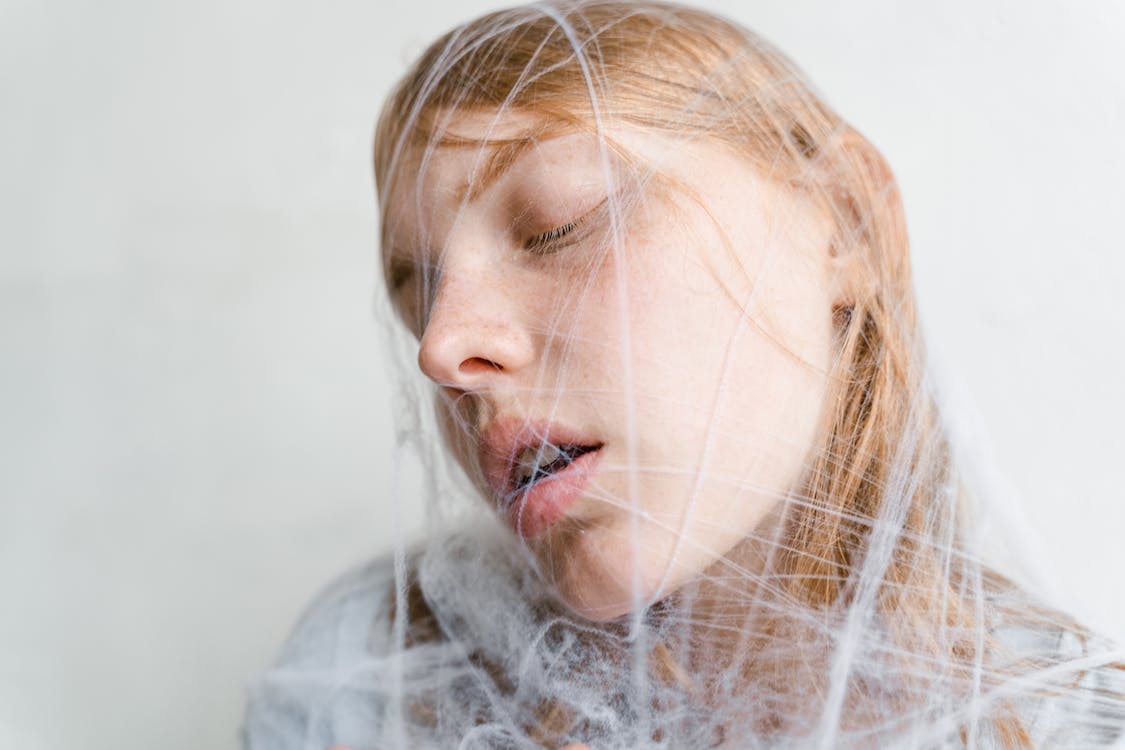The wellness industry has exploded over the past few years, and with it, a new category of wellness drinks has emerged, often marketed as healthier alternatives to alcohol. While they may seem like a great idea for those in recovery or looking to reduce their alcohol intake, as a parole officer who works with substance-abusing offenders, I advise you to tread carefully.
These wellness drinks, often labeled as “non-alcoholic,” “low-alcohol,” or “alcohol-free,” have been designed to mimic the taste of alcoholic beverages without the associated effects of alcohol. However, this marketing can be misleading, with some of these beverages containing a small percentage of alcohol, usually less than 0.5% ABV. While this may not seem significant, for someone in recovery, it could potentially be triggering.
As you navigate the path of sobriety, it’s essential to remember that the addiction is not just to the effects of alcohol, but often to the ritual and taste associated with its consumption. Drinking these wellness beverages can mimic the experience of drinking alcohol, which could potentially trigger cravings and lead to a relapse.
It’s also worth noting that South Africa’s Liquor Act only regulates beverages containing 1% ABV or more, which means these wellness drinks aren’t subjected to the same restrictions and can be sold to anyone, regardless of age. This regulatory gap can lead to these drinks being marketed and accessible to those they could potentially harm, such as those in recovery.
So, are these wellness drinks truly sober? Technically, yes, as they fall below the regulated alcohol limit. However, from a recovery perspective, the answer may not be so clear-cut. The resemblance to alcoholic beverages and the small alcohol content, while legally permissible, could potentially undermine your sobriety.
Remember, sobriety is not just about eliminating alcohol but also about reshaping habits and distancing oneself from environments and triggers associated with substance use. Replacing alcoholic beverages with these wellness drinks might seem like a healthy alternative, but it could potentially keep you tethered to old habits.
Navigating this emerging landscape of wellness drinks can be challenging. It’s important to arm yourself with knowledge and understand that not everything marketed as ‘wellness’ or ‘sober’ is necessarily conducive to your recovery. As you work towards building a healthier life, remember to critically evaluate these new products and their potential impact on your recovery.
The Wellness Drink Revolution: Are They as Sober as You Think?
The wellness industry’s emergence has seen the rise of so-called ‘wellness drinks,’ marketed as healthier substitutes to alcohol. However, for individuals seeking sobriety, it’s vital to delve deeper into the claims of these beverages and their implications on the path to recovery.
The Hidden Alcohol in Wellness Drinks
A critical detail about wellness drinks is that they can still contain alcohol, albeit in small amounts. Many of these beverages are labelled as ‘non-alcoholic,’ ‘low-alcohol,’ or ‘alcohol-free,’ but can contain up to 0.5% ABV. This might not seem significant, but for someone striving for sobriety, even a trace amount could serve as a potential trigger.
The Psychological Impact of Wellness Drinks
In addition to their minimal alcohol content, wellness drinks often mimic the taste and experience of alcoholic beverages. This could possibly awaken cravings and old habits associated with drinking, potentially sabotaging the recovery process.
The Regulatory Gap
South Africa’s Liquor Act regulates only beverages with 1% ABV or more, creating a grey area where these wellness drinks can be freely marketed and sold, even to individuals for whom they might be harmful.

While wellness drinks may present a tempting alternative, it’s crucial to consider their potential implications on your sobriety. Sobriety isn’t just about the absence of alcohol, but about building a new, healthier lifestyle, free from old triggers and habits. Staying informed and making mindful decisions are key as you navigate this complex landscape.
Frequently Asked Questions
1. Do all wellness drinks contain alcohol?
Not all wellness drinks contain alcohol. However, many that are designed to replicate the taste of alcoholic beverages may contain small amounts, usually less than 0.5% ABV.
2. Can drinking wellness drinks lead to a relapse?
It’s possible. Even though the alcohol content is minimal, the experience of drinking these beverages could potentially trigger cravings and old habits associated with alcohol consumption.
3. How are wellness drinks regulated in South Africa?
South Africa’s Liquor Act regulates only beverages with 1% ABV or more. This leaves a regulatory gap where beverages with less than 1% ABV can be sold and marketed without restrictions.
The rise of wellness drinks has added a complex dimension to the path of recovery and sobriety. While they’re often marketed as healthier substitutes to alcohol, it’s critical to consider their potential implications.
The presence of small amounts of alcohol, their ability to trigger old habits and cravings, and the lack of regulatory oversight all raise concerns about their appropriateness for individuals seeking to overcome substance abuse.
As we navigate this new wave of wellness drinks, it’s crucial to stay informed and vigilant. Sobriety is not simply about abstaining from alcohol; it also involves building a new, healthier lifestyle away from old triggers and habits. As consumers, we need to critically evaluate these new products and make mindful decisions about their potential impact on recovery and sobriety. Remember, wellness is more than just a label—it’s a commitment to making choices that genuinely support your well-being.

